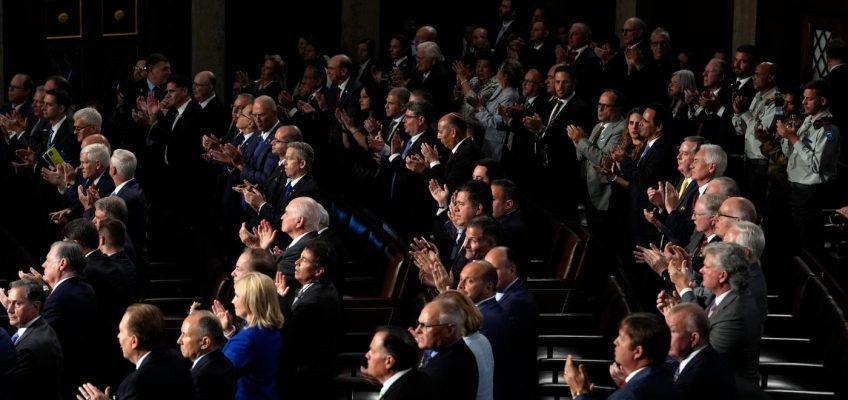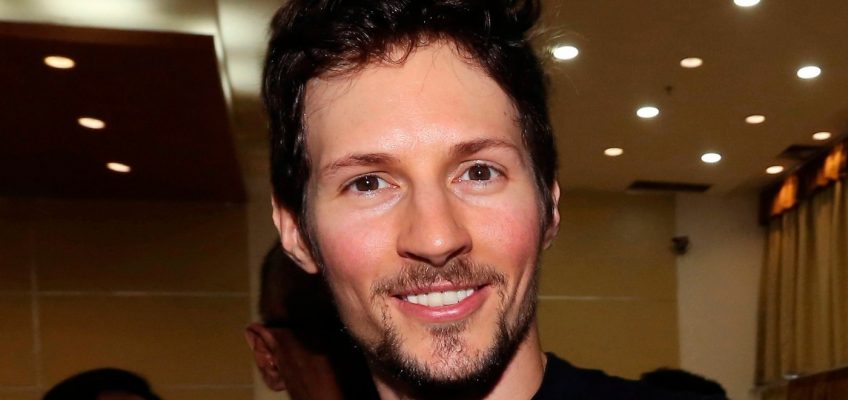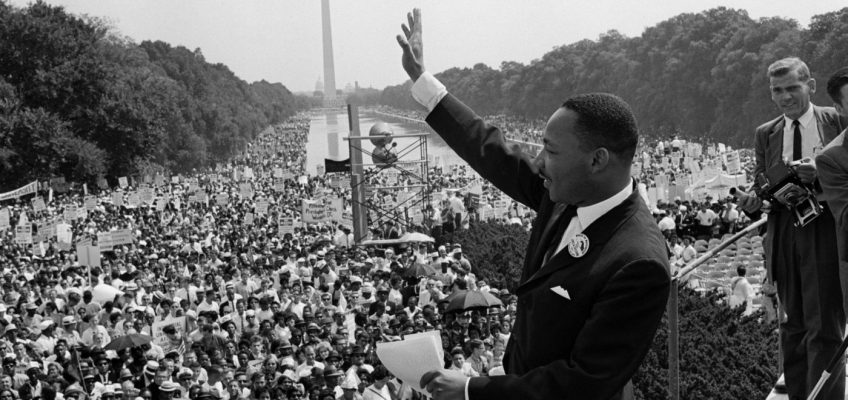The Supreme Court’s recent decision to strike down a cornerstone of administrative law known as the Chevron doctrine represents a seismic shift in the balance of power between the three branches of government.
After 40 years of relying on federal agencies to interpret legislative ambiguities when implementing regulations, it’s now up to courts to discern congressional intent. The Supreme Court did not “return” power to Congress, but it did put the onus on an under-resourced legislative branch to be much more clear in writing laws. If Congress fails to exercise its lawmaking power, it will cede power to the judiciary.
As the “first branch,” Congress must now reassess its ability to fulfill this increased responsibility effectively. A recent House hearing highlighted the urgency of this issue: Witnesses called for Congress to increase its resources to ensure that lawmakers can respond to the needs of constituents, engage in effective lawmaking and maintain robust oversight.
Even with a spotlight on its diminished capacity, the House began summer recess early after failing to pass its latest legislative branch appropriations bill, underscoring the difficulty in securing the necessary funding to strengthen congressional operations. Provisions to increase funding for member and staff salaries should not be controversial, but are typically dead on arrival, leading to chronic underfunding and a congressional “brain drain” that has crippled the institution.
After decades of underinvestment, Congress must rebuild its workforce and equip its employees with the tools they need. The legislative branch operates with roughly 1/120th of the resources of the executive branch. The legislative branch has only 31,000 employees across the House, Senate and support agencies with an annual budget of $7 billion, while the executive branch employs 2.97 million individuals and operates with trillions of dollars annually. Funding for congressional operations has not kept pace with other increases in government spending, causing further imbalances and resource constraints.
Legislative branch appropriations have increased only 50 percent from fiscal 2001 to fiscal 2022 while non-defense discretionary spending grew by over 90% in the same period. And most increases in the legislative branch budget went to maintaining buildings and policing the Capitol rather than enhancing legislative capacity.
This constrained funding has taken a toll on the institution and its capacity. From 2011 to 2021, House staff salaries were effectively cut 20% when adjusting for inflation while the cost of living in the nation’s capital significantly increased. And since the original Chevron decision in the 1980s, Congress has seen a 41% reduction in House committee staff and a 25% downsizing in critical support offices like the Congressional Research Service and the Government Accountability Office.
This decades-long lack of investment has also coincided with an increase in legislative activity and oversight. The number of legislative drafting requests to the House Office of Legislative Counsel has surged by 76% since the 115th Congress, while the number of proposed amendments has increased by 39%. Despite this growing workload, the Office of Legislative Counsel’s operating budget has increased by only 17% when adjusted for inflation.
Congress must build on recent modernization efforts to enhance its capacity and reassert its legislative authority. To provide stability, Congress could mandate that annual legislative branch appropriations increase proportionally with non-defense discretionary spending each fiscal year. Implementing this policy beginning in fiscal 2025 would tie legislative funding growth to the overall growth in federal discretionary budgets. Excluding the Capitol Police funding from this proportional growth policy would account for its unique budget needs.
This approach would prevent legislative capacity from lagging and enable investments in staff, technology, operations and infrastructure to support congressional duties. Stable funding would allow congressional offices and agencies to better project budgets over the long term and — most importantly — fortify the first branch of government’s ability to fulfill its constitutional responsibilities.
The overturning of Chevron is a wake-up call for a Congress that has often found it difficult to invest in itself or hold its constitutional ground. The ball is on Congress’ court, but if lawmakers don’t step up, it will be the courts that run the game.
Taylor J. Swift is director of government capacity at POPVOX Foundation. Prior to joining POPVOX Foundation, he was a senior policy advisor at Demand Progress, focusing on Congressional transparency, efficiency, capacity, and modernization. He wrote this column for The Fulcrum, nonprofit, nonpartisan news platform covering efforts to fix our governing systems.
Related Articles
Zeynep Tufekci: Don’t call the Telegram CEO’s arrest a free-speech infringement — yet
Serge Schmemann: Putin is getting rattled
Ivan Eland: Solutions to the Supreme Court’s presidential immunity disaster
Galvao, Klutsey: Teaching civil discourse — a classroom blueprint for America
Jackie Payne: Undecided moderate women could be the tipping point this November




